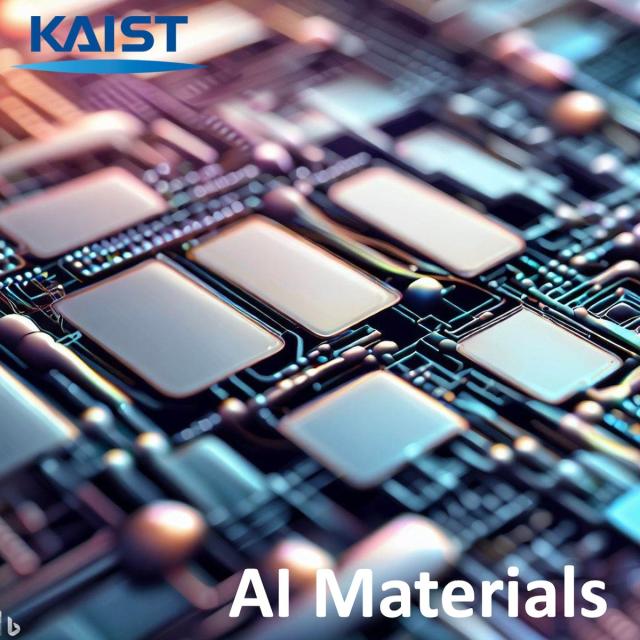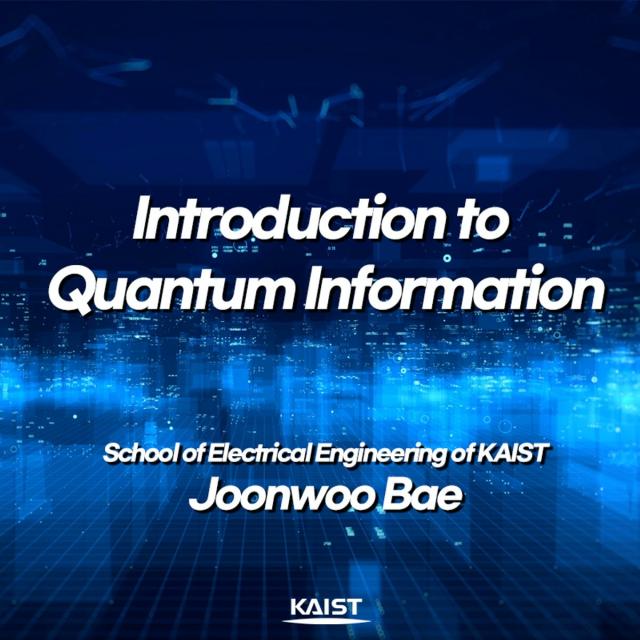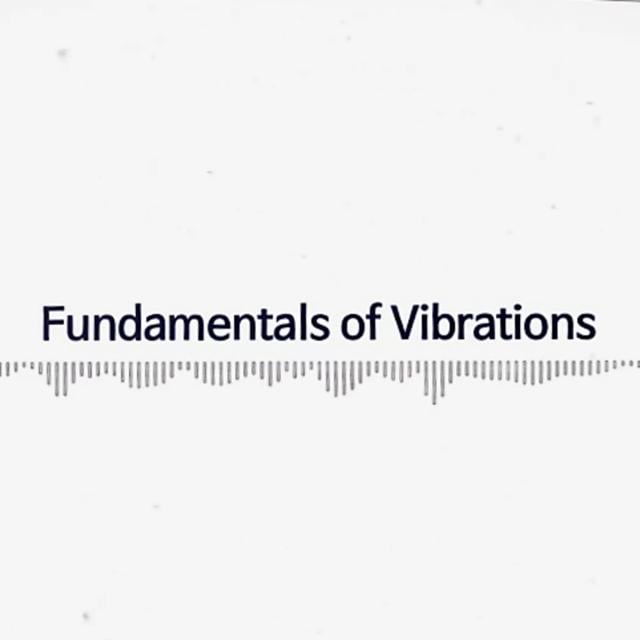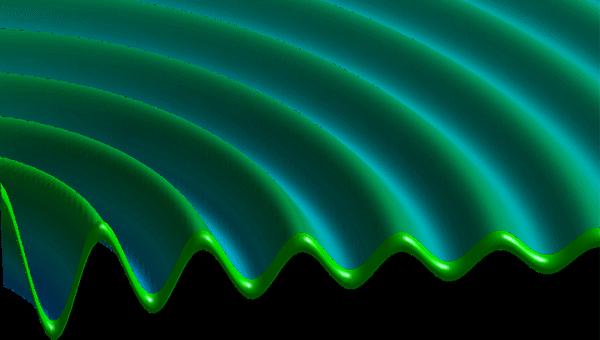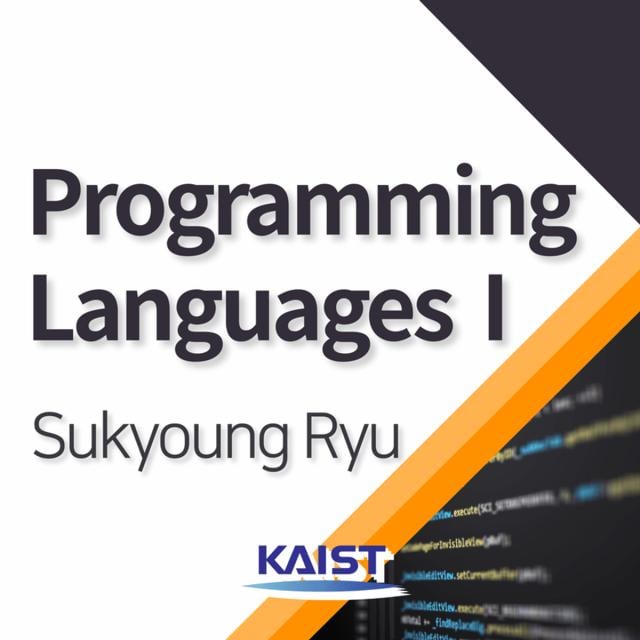AI Materials (Coursera)
Categories
Effort
Languages
Learn about the materials that have advanced the performance of artificial intelligence, and the machine learning models that could help accelerate the design and development of novel materials. This course defines artificial intelligence (AI) as a machine to which some or all of the functions of the human brain [...]
Apr 22nd 2024

